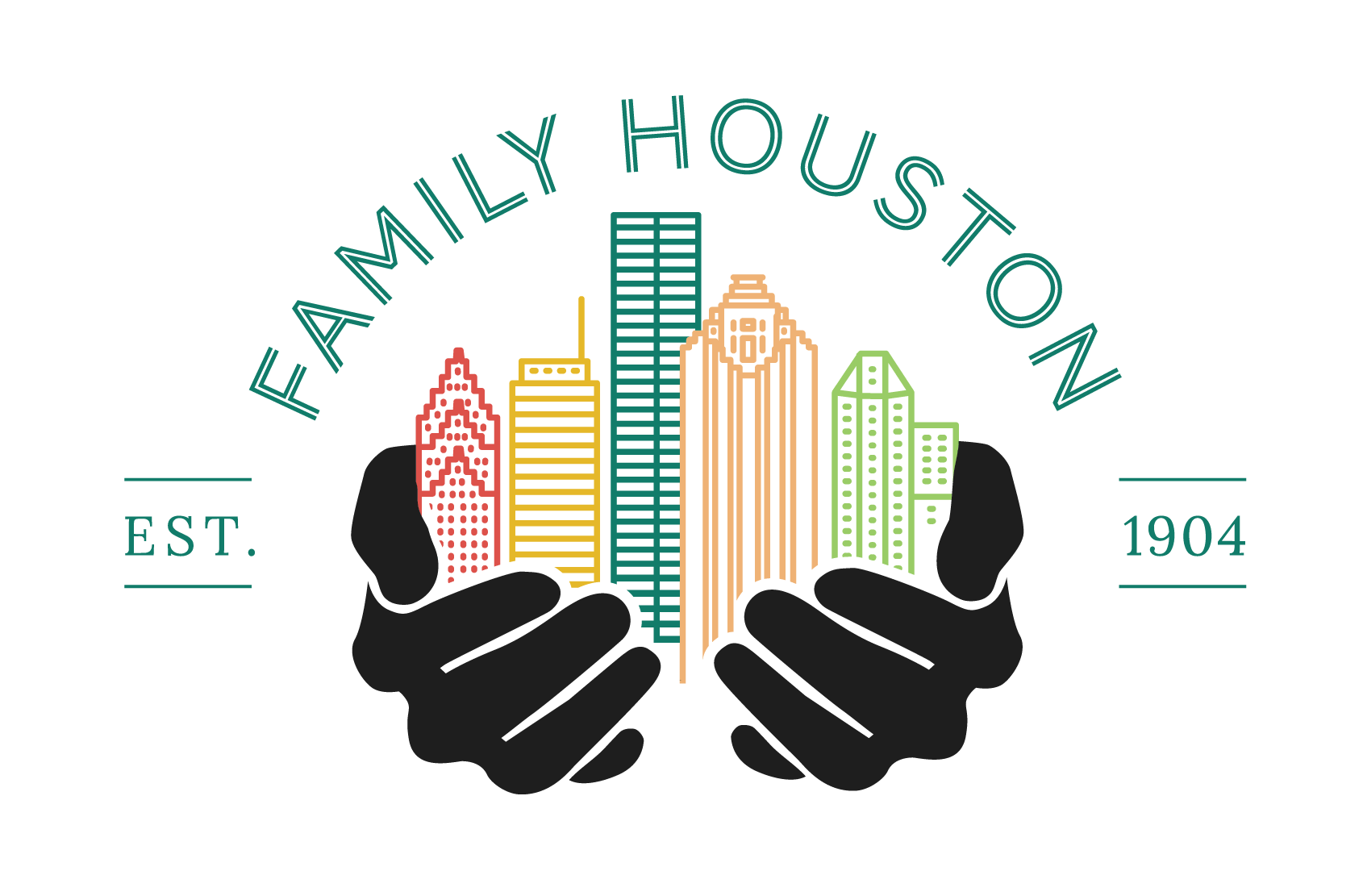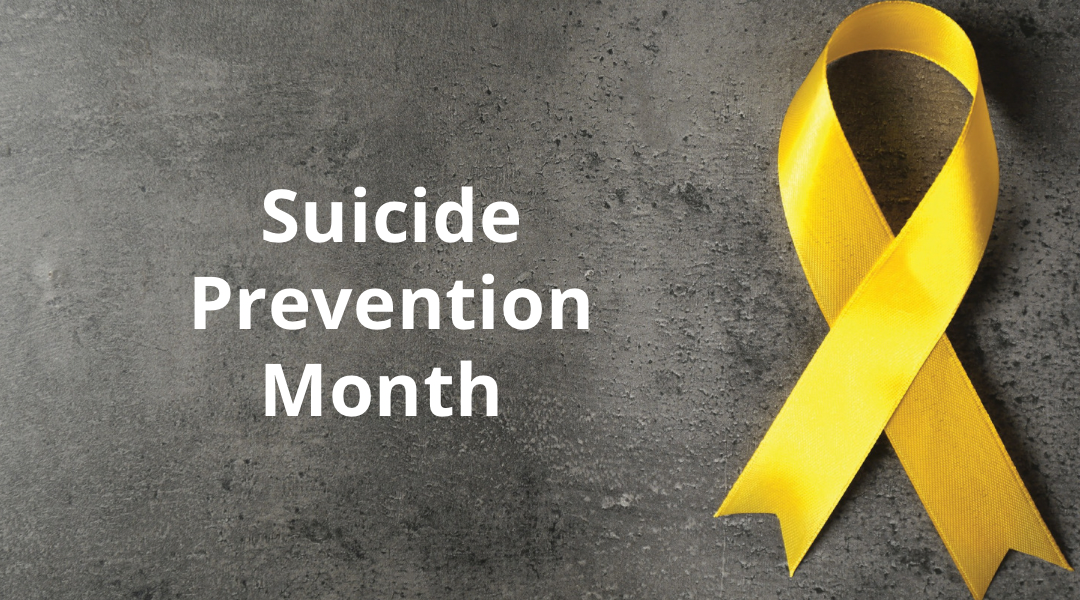September is National Suicide Awareness Month
According to the CDC, 49,449 people died by suicide in 2022 – a record-breaking number. With the rise in death by suicide, many mental health experts and advocates believe suicide should be viewed nationally as a public health crisis.
Did You Know?
-
Every 10-11 minutes, someone dies by suicide in the United States.
-
Suicide is the second leading cause of death for individuals between the ages of 18-35.
-
Suicide affects all ages, genders, and ethnicities. However, men are more likely to die by suicide, and certain demographic subgroups are at a higher risk than others.
-
Depression is the leading cause of suicide, but other factors include substance abuse, untreated mental health issues, difficult life situations, and bullying.
Let’s focus on understanding and preventing suicide
Together we can work to become more resilient by learning the warning signs of suicide and sharing information with those in our communities. Talking openly about suicide, knowing the signs, and knowing what to do if you’re concerned can help lower the number of suicide cases.
Behaviors that may be a sign that someone is in crisis or thinking about suicide include:
-
Changes within personality
-
Changes within behavioral patterns (grades, work, relationships, social settings, etc.)
-
Consumption of substances
-
Excessive, persistent melancholy talk (identifying most parts of life to be depressive)
-
History of suicidal ideation/attempts
-
Trouble with socialization
-
Notation of morbid thoughts
-
Disguising true feelings within jokes
Resources
Although not a crisis center, Family Houston has trained/certified therapists to assist those struggling with their mental health. We offer Cognitive-Behavioral Therapy (CBT) and Eye Movement Desensitization and Reprocessing (EMDR) to assist clients with creating balance and addressing trauma and depressive symptoms. Family Houston is equipped to provide clients with sustainable resources for psychiatric and/or psychological care. Learn more about our services.
Download additional resources to recognize the signs of someone who may be in crisis.
Additional resources on suicide prevention can be found at the following: National Institute of Mental Health, National Alliance on Mental Illness, and Center for Disease Control and Prevention.
Crisis Lines
If you or someone you know is in active crisis, please reach out to one of the crisis lines below.
National Suicide Prevention Lifeline: 988
Houston Crisis Helpline at (866) 970-4770
Houston Teen Crisis Hotline (832) 416-1199
The Trevor Project, LGBTQ Crisis Hotline (866) 488-7386
Text TALK to 741741
Live Chat: 988lifeline.org


